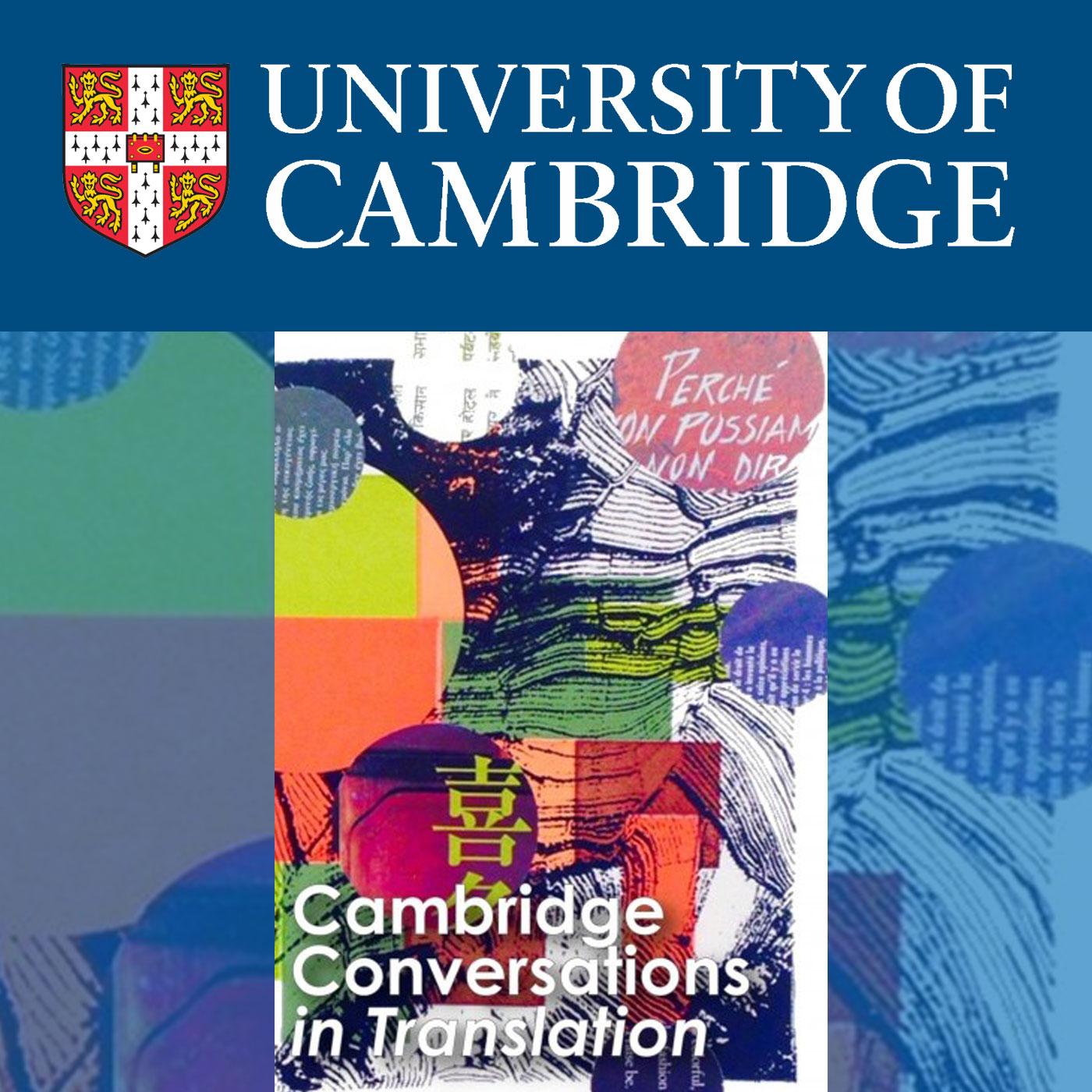Cambridge Conversations in Translation - 28November 2016 - Translation and Drama (Workshop)
Description
Alfredo Modenessi (Professor of Comparative Studies in English Literature, Drama and Translation, Universidad Nacional Autónoma de México-UNAM)
Moderator: Dr Angeles Carreres (MML, University ofCambridge)
(This session was postponed from last week Monday 21 Nov) Apologies for any inconvenience caused.
Literature on the translation of drama often starts by distinguishing two types of translation: translating for the page and translating for the stage. Notwithstanding its final purpose, the hybrid nature of the dramatic text, made up of both verbal and non-verbal elements, raises specific challenges for the translator in dealing with visual and acoustic codes, oral traits, prosodic components, kinesic, cultural and semiotic features, dramatic conventions, and aspects of performance and mise en scène.
The concept of ‘performability’ itself, in the sense of a gestural dimension that is seen as inherent in the language of a dramatic text, has been at the centre of a long critical debate in translation studies (Bassnett 1985, 1991; Parvis 1989; Espasa 2009), with some scholars stating that there is no sound theoretical basis for arguing that ‘performability’ can or does exist (Bassnett 1991). More recent approaches claim that performability may be seen as a pragmatic instrument linked to the style, conventions, and ideology of the target culture environment, rather than as an abstract and universal quality of the source text (Espasa 2000; Bigliazzi et al. 2013).
Notions such as cultural transfer and acculturation, adaptation or version are central to the translation of theatre, as are issues such as the translation of humour on stage. Translating a play often involves collaborative work between the translator and theatre directors and actors that requires an awareness of differences in rehearsal and performance conventions, as well as differing audience expectations. Important ethical considerations arise too, as the translation process is often mediated by ideological or commercial concerns. As a result, we witness cases in which texts are cut, adapted, rewritten and still described as ‘translations’, or the frequent practice of commissioning a translator to produce a literal translation that is then handed over to a well-known playwright to whom the translation is then credited.
The workshop will mark the 400th anniversary of Shakespeare’s death by focusing on translations of his plays in various languages.
More Episodes
Olga Castro (Aston)
Moderator: Monica Boria
Gender-based metaphors and analogies have often been deployed to describe the act of translation: the notion of a translated text as a beautiful but unfaithful woman (Gilles Ménage, 1654) and the translator as a violator or usurper of the author’s...
Published 05/23/18
Caroline Summers (Leeds)
Pauline Henry-Tierney (Newcastle)
Jen Calleja (Translator)
Moderator: Monica Boria
Gender-based metaphors and analogies have often been deployed to describe the act of translation: the notion of a translated text as a beautiful but unfaithful woman (Gilles Ménage,...
Published 05/23/18
Jeremy Munday (Leeds)
Delia Chiaro (Bologna)
Moderator: Marcus Tomalin (Cambridge)
Diversity, in its diverse forms, has come to characterise those modern nation-states that advocate the socio-political advantages of cultural and ethnic pluralism – and sociolinguistic diversity in particular...
Published 02/23/18


